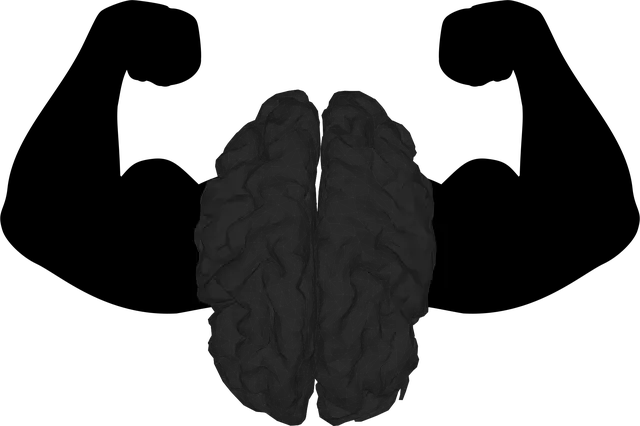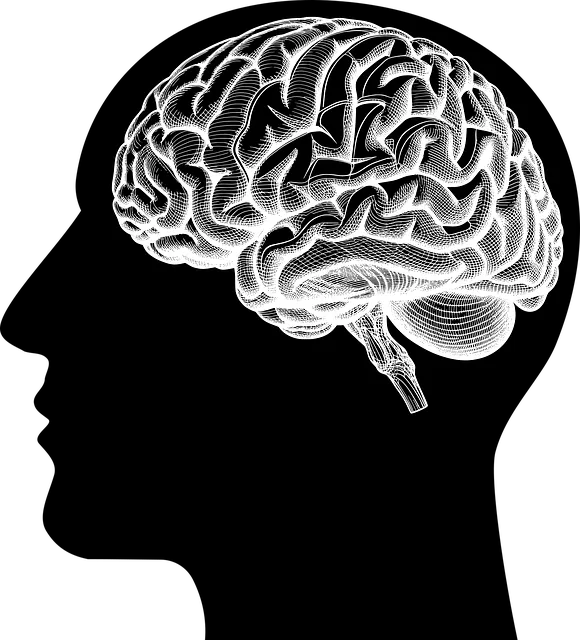The Aurora Kaiser Permanente mental health department (number pending) emphasizes that developing coping skills is crucial for fostering mental well-being. They offer evidence-based interventions focusing on emotional intelligence, self-awareness, and emotional regulation. Their resources include mindfulness practices, physical activity, journaling, and creative outlets to reduce stress and enhance emotional control. Additionally, they provide social skills training and cultural sensitivity, empowering individuals with strong connections and empathy for effective emotion management. Integrating these coping skills into daily routines improves mental wellness, as demonstrated by success stories involving Crisis Intervention Guidance, regular exercise, mindfulness, and supportive communities.
“Coping Skills Development: Building Resilience for Mental Well-being explores the essential role of coping strategies in maintaining psychological health. We delve into the foundational knowledge of coping skills, highlighting the pivotal support offered by the Aurora Kaiser Permanente Mental Health Department through innovative programs and services.
The article uncovers effective coping techniques, providing practical tools to navigate stress and adversity. Moreover, it offers insights into integrating these skills into daily life, sharing success stories from individuals who have transformed their resilience.”
- Understanding Coping Skills: A Foundation for Mental Well-being
- The Role of Aurora Kaiser Permanente Mental Health Department in Skill Development
- Strategies for Effective Coping: Techniques and Tools
- Integrating Coping Skills into Daily Life: Tips and Success Stories
Understanding Coping Skills: A Foundation for Mental Well-being

Understanding coping skills is a fundamental step towards fostering mental well-being, as advocated by experts at the Aurora Kaiser Permanente mental health department (number yet to be specified). These skills are essentially the strategies and mechanisms individuals use to navigate life’s challenges, manage stress, and maintain a sense of equilibrium. Developing a robust toolkit of coping mechanisms can significantly enhance one’s ability to cope with adversity, promoting long-term mental wellness.
The Aurora Kaiser Permanente mental health department has recognized the importance of emotional intelligence as a cornerstone in cultivating effective coping skills. Their Mental Wellness Podcast Series Production often highlights the role of self-awareness and emotional regulation in managing stress and preventing burnout. By equipping individuals with the knowledge and tools to recognize and manage their emotions, the mental health department empowers them to make informed decisions about their well-being.
The Role of Aurora Kaiser Permanente Mental Health Department in Skill Development

The Aurora Kaiser Permanente Mental Health Department plays a pivotal role in coping skills development by offering specialized services that cater to diverse mental health needs. Their team of expert professionals is dedicated to empowering individuals with effective strategies for managing stress, anxiety, and other common mental health challenges. Through tailored interventions, the department focuses on fostering inner strength development, enhancing emotional intelligence, and promoting emotional well-being.
This comprehensive approach involves a range of evidence-based techniques designed to equip individuals with the tools necessary for long-term coping success. By addressing the root causes of distress and providing personalized support, Aurora Kaiser Permanente helps clients develop resilience and navigate life’s complexities with greater ease. The department’s commitment to accessible mental health care ensures that the community has the resources needed to thrive, emphasizing a holistic view of well-being that extends far beyond symptom management.
Strategies for Effective Coping: Techniques and Tools

Coping skills development is a crucial aspect of mental wellness, and Aurora Kaiser Permanente’s mental health department offers a multitude of resources to support individuals in navigating life’s challenges. One effective strategy involves learning and practicing various coping techniques tailored to personal needs. This may include mindfulness practices such as meditation or deep breathing exercises, which have been shown to reduce stress and enhance emotional regulation. Additionally, engaging in physical activity, keeping a journal, or pursuing creative outlets can serve as powerful tools for managing difficult emotions.
The mental healthcare landscape also integrates social skills training and cultural sensitivity into its approach. Building strong social connections and fostering cultural understanding can significantly contribute to effective coping. This involves developing healthy communication skills, learning to assert boundaries, and cultivating empathy towards oneself and others. By incorporating these strategies, individuals can better manage stress, promote positive mental health, and lead fulfilling lives.
Integrating Coping Skills into Daily Life: Tips and Success Stories

Integrating coping skills into daily life is a transformative process that can significantly enhance mental wellness. The Aurora Kaiser Permanente mental health department offers valuable resources for individuals seeking to improve their resilience and overall well-being. One effective strategy is to adopt a Mental Wellness Journaling Exercise. Dedicating just a few minutes each day to reflect on thoughts, emotions, and experiences can help individuals process their feelings and identify patterns. This practice allows one to gain insights into their mental health, fostering better self-awareness and empowering them to take proactive measures.
Success stories from Aurora Kaiser Permanente clients demonstrate the power of coping skills in navigating life’s challenges. Many have found Crisis Intervention Guidance invaluable during stressful periods, enabling them to manage anxiety and depression effectively. Additionally, engaging in regular physical activity, practicing mindfulness, and connecting with supportive communities have contributed to their overall mental health improvement. Embracing these strategies not only enhances coping mechanisms but also paves the way for a more fulfilling and resilient life.
Coping skills development, as highlighted by the Aurora Kaiser Permanente Mental Health Department’s comprehensive programs, is a powerful tool for enhancing mental well-being. By understanding and integrating various coping strategies into daily life, individuals can effectively navigate challenges and promote resilience. The success stories shared in this article underscore the impact of these skills, demonstrating that with the right tools and support, anyone can foster a healthier and more balanced mindset. For those seeking to improve their coping abilities, the resources provided by Aurora Kaiser Permanente offer a strong foundation for personal growth and overall well-being.






